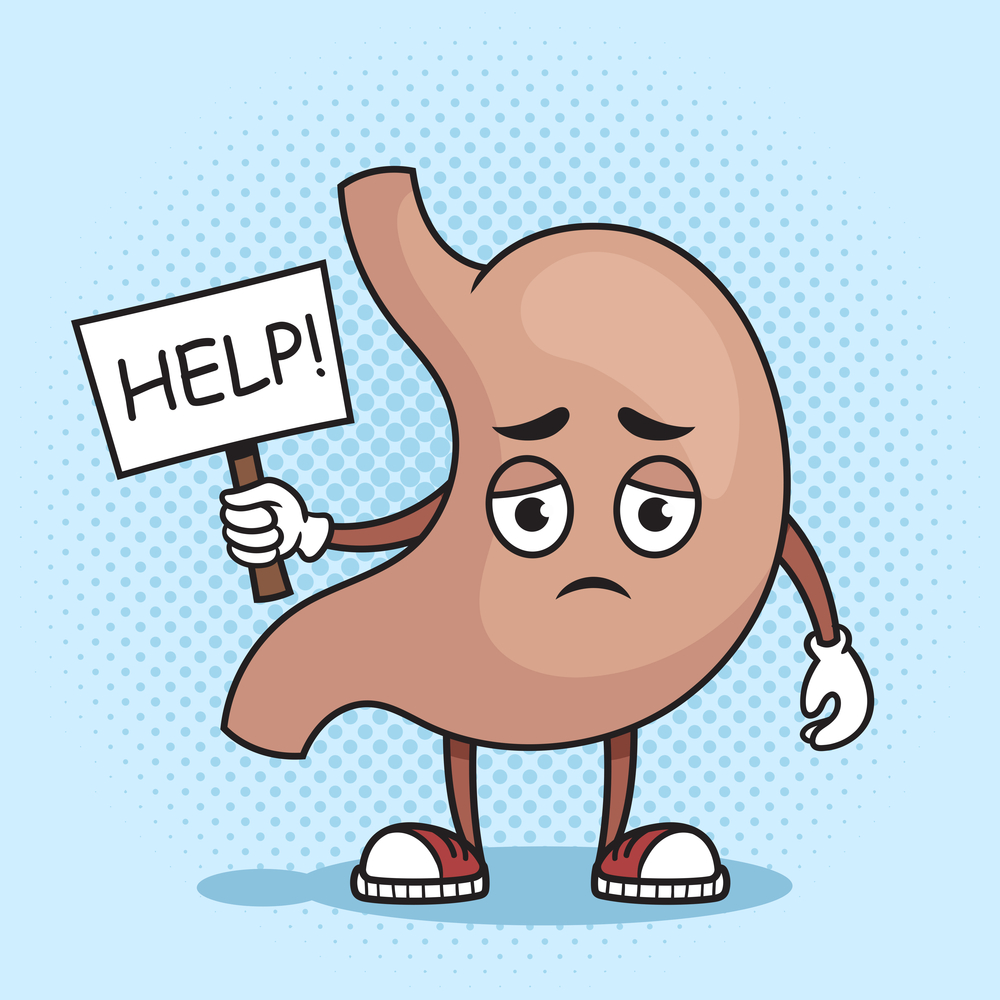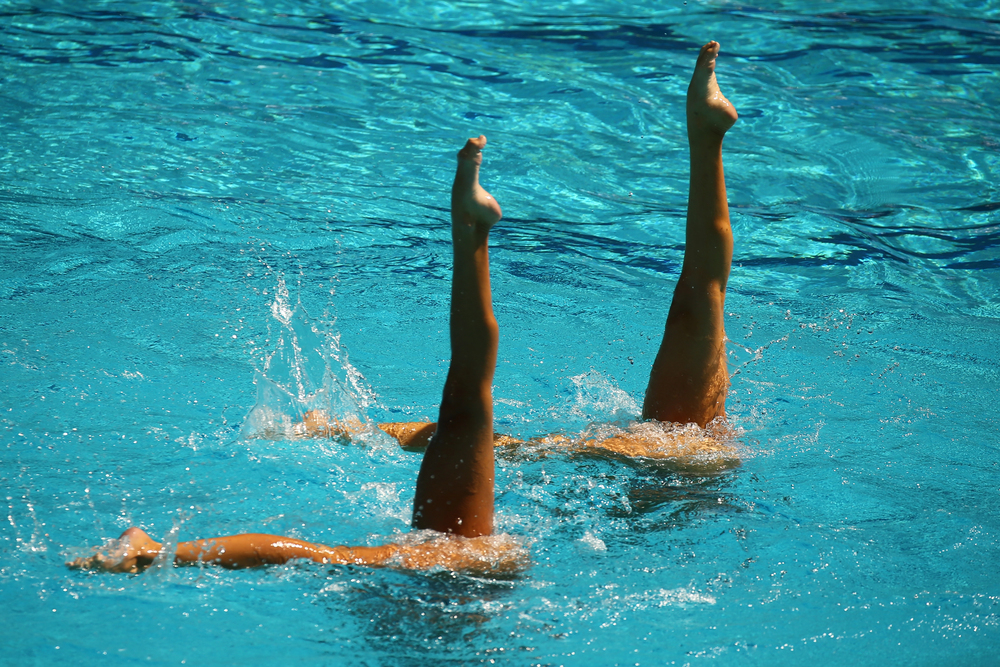In our fast-paced world, exercise is often viewed primarily as a means of building muscle, shedding excess weight, or enhancing cardiovascular health. However, an equally significant yet often overlooked benefit of exercise lies in its profound impact on the digestive system. Exercise for better digestion ensures that your gut functions optimally and promotes long-term digestive health. Understanding this connection can lead to improved digestive health and overall well-being. This comprehensive guide explores the intricate relationship between physical activity and digestion, illustrating how exercise contributes to optimal digestive health.
Digestive Dynamics: How Exercise Aids in Healthy Digestion. In our fast-paced world, we often think of exercise mainly as a way to tone muscles or shed a few pounds. However, an equally significant yet often overlooked benefit of exercise is its powerful effect on our digestive system. Today, we delve into this intricate relationship between physical activity and digestion to reveal how exercise contributes to optimal digestive health. A gut healthy diet combined with regular movement supports digestion and overall wellness. Following a gut-healthy diet plan and incorporating physical activity can enhance gut function. Learn why exercise is critical for digestion and how exercise is critical for digestion in maintaining a balanced system. Engaging in exercise for healthy digestion promotes gut motility and helps prevent common digestive issues. Additionally, exercise for healthy colon health ensures proper waste elimination and supports long-term digestive well-being.
Exercise for Better Digestion: Understanding the Digestive Process
The digestive system is responsible for breaking down food into essential nutrients, which fuel the body and support growth, repair, and energy production. This complex process begins in the mouth, where enzymes in saliva start breaking down food. As food travels through the esophagus, stomach acids further aid in digestion before nutrients are absorbed in the small intestine. The large intestine then processes waste, extracting water and beneficial compounds before elimination. Any disruptions in this system can lead to discomfort, bloating, and chronic digestive issues. Fortunately, exercise plays a crucial role in supporting and optimizing digestion by facilitating the movement of food and improving gut health.
Exercise for Better Digestion: How Exercise Enhances Digestive Health
1. Promotes Efficient Digestion and Regularity
The gastrointestinal (GI) tract is a muscular system that moves food through the body using rhythmic contractions known as peristalsis. Regular physical activity helps to stimulate these contractions, ensuring the smooth movement of food and waste through the digestive tract. This increased motility helps prevent constipation, bloating, and sluggish digestion, making digestion more efficient and reducing discomfort. Activities such as walking and jogging enhance peristalsis, encouraging more consistent and healthy bowel movements.

2. Balances Gut Microbiota
The gut microbiome comprises trillions of bacteria that play an essential role in digestion, nutrient absorption, and immune function. Research has shown that exercise promotes the growth of beneficial bacteria while suppressing harmful microbes. A diverse and balanced microbiota is linked to better digestion, reduced inflammation, and improved metabolic health. By incorporating regular exercise into your routine, you support a flourishing gut environment that enhances digestive efficiency. Exercise for better digestion fosters gut balance and enhances the body’s ability to absorb nutrients efficiently, leading to fewer digestive disruptions and a more resilient immune system.
3. Reduces Stress and Supports Gut-Brain Connection
The gut-brain axis is a bidirectional communication system between the brain and the digestive system, influencing digestion and overall gut health. Stress and anxiety can negatively impact digestion, leading to issues such as irritable bowel syndrome (IBS), acid reflux, and slow gut motility. Exercise is a natural stress reliever, as it reduces cortisol levels and promotes the release of endorphins. By lowering stress, physical activity helps maintain a healthier gut-brain connection and prevents digestive disorders linked to emotional distress. Exercise for better digestion helps alleviate stress-related digestive issues and maintains gut harmony, making it easier for your body to process and absorb nutrients effectively.

4. Enhances Blood Circulation to Digestive Organs
During physical activity, blood circulation increases throughout the body, including the digestive organs. Improved blood flow ensures that these organs receive an adequate supply of oxygen and nutrients, optimizing their function. Enhanced circulation aids in the breakdown of food, nutrient absorption, and the removal of waste, leading to better overall digestive performance. Exercise for better digestion supports improved circulation, ensuring essential nutrients reach the body’s cells effectively and aiding in faster digestion and detoxification.
5. Regulates Appetite and Metabolism
Regular exercise helps regulate appetite by balancing hunger hormones such as ghrelin and leptin. This prevents overeating, reduces the risk of obesity-related digestive issues, and promotes a more stable metabolic rate. Maintaining a healthy metabolism ensures that nutrients are efficiently processed and utilized by the body, further supporting digestive health. Exercise for better digestion should be integrated with mindful eating habits to sustain an optimal gut environment and prevent digestive discomfort.
Exercise for Better Digestion: Best Exercises for Healthy Digestion
While all forms of physical activity contribute to better digestion, certain exercises are particularly effective in promoting gastrointestinal health. Incorporating these exercises into your routine can enhance digestive function and prevent digestive issues.
1. Walking
Walking is one of the simplest yet most effective exercises for digestion. A brisk walk after meals can stimulate peristalsis, helping food move through the digestive tract more efficiently. Walking also reduces bloating and aids in the prevention of acid reflux. Even a 10-15 minute walk after meals can significantly improve digestion and alleviate discomfort.

2. Yoga
Yoga poses, particularly those that involve twists and bends, can massage the internal organs and stimulate digestion. Poses such as the seated spinal twist and downward dog encourage movement within the intestines, promoting detoxification and digestive efficiency. Yoga also reduces stress, further benefiting the digestive system.

3. Aerobic Exercises (Running, Cycling, Swimming)
Cardiovascular exercises enhance overall blood circulation, which benefits the digestive system. Running, cycling, and swimming promote gut motility and help alleviate stress, reducing the risk of digestive disorders. These activities also boost metabolism, encouraging the body to process food more efficiently.

4. Strength Training
Strength training improves core stability, which supports proper posture and reduces pressure on the digestive organs. Proper posture is crucial for preventing acid reflux and ensuring smooth digestion. Engaging in resistance training helps build a strong abdominal region, reducing bloating and improving gut motility.

5. Deep Breathing and Meditation
While not a traditional exercise, deep breathing and meditation can significantly impact digestion by reducing stress and supporting the gut-brain connection. Controlled breathing exercises improve oxygen flow to digestive organs, promoting relaxation and better nutrient absorption. Incorporating breathing exercises like diaphragmatic breathing can help relax the digestive tract and facilitate smoother digestion.

Exercise for Better Digestion: Tips for Maximizing Digestive Benefits Through Exercise
To fully reap the digestive benefits of exercise, consider the following tips:
- Time Your Workouts Wisely: Avoid intense exercise immediately after meals, as it can disrupt digestion. Opt for light activities like walking after eating.
- Stay Hydrated: Proper hydration is essential for digestion, as water helps break down food and facilitates nutrient absorption.
- Maintain a Balanced Diet: Pairing exercise with a gut-healthy diet ensures optimal digestive function. Include fiber-rich foods, probiotics, and plenty of fruits and vegetables in your meals.
- Listen to Your Body: If you experience digestive discomfort during or after exercise, adjust the intensity and type of activity accordingly.
- Make Exercise a Habit: Consistency is key to maintaining digestive health. Aim for at least 30 minutes of moderate exercise most days of the week.
Conclusion
Exercise is far more than a tool for weight management or muscle gain—it is a powerful ally in maintaining digestive health. By stimulating gut motility, enhancing microbiota diversity, reducing stress, and improving circulation, physical activity supports a well-functioning digestive system. Incorporating the right types of exercise, alongside a gut-healthy diet and lifestyle, can lead to significant improvements in digestion and overall well-being. Make movement a daily habit, and enjoy the benefits of a stronger, healthier digestive system for years to come. Exercise for better digestion should be an integral part of your lifestyle to sustain a healthy gut.

